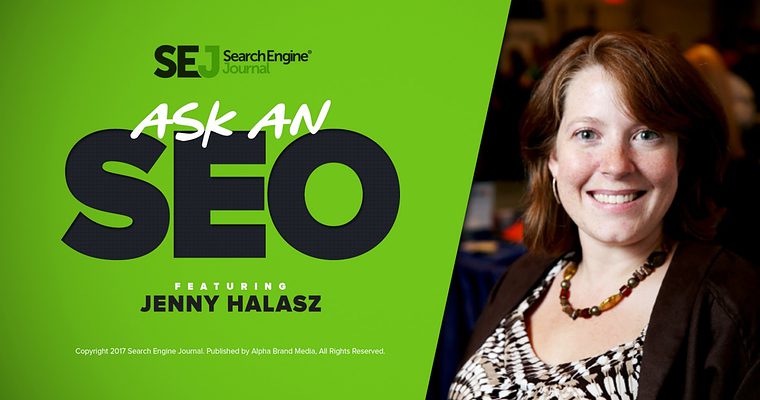
City Pages: Good or Bad for SEO?
Google became critical of pages that do not add additional value to a customer a few years ago. They initially rolled this out algorithmically as the Panda algorithm, which penalized sites for using what Google considered poor content techniques. This was initially targeted at doorway pages, article spinning, and various other nefarious methods.However, a more common (and generally more legitimate) type of content was caught in this algorithm as well: the city page. The Panda algorithm worked so well that Google integrated it into their main algorithm, and it now evaluates sites in real time.
For nearly a decade, local business owners have created pages around individual cities that they service, in hopes of catching someone looking for items in a particular town, borough, or neighborhood.
So, on the surface, what you’re proposing isn’t necessarily a bad thing. The tricky part is making sure that each page provides some unique value to the visitor.
And you have to be honest with yourself as to whether you’re providing value. The search engines know if all you change is one or two words here and there. They still consider that duplicate content.
If the content is almost completely identical except for unusual terms like “arms-on” instead of “hands-on” and it’s pretty clear that it was written by a machine, Google will flag it. Pages like that are what will trigger the Panda part of the algorithm.
Make Your Most Important City Pages Unique
My recommendation is to focus only on those pages that are most important to you – don’t make a page for every small town in the North Georgia mountains. If you want to list out all the cities in a region, just list them on the page – you don’t need an individual page for each city to rank in most cases.In terms of making the pages different, write original content for each area or city. Focus on what makes that city unique or different, but give it value beyond what you can get in a census listing.
Too often, I see city pages that have just restated population data that they could have gotten anywhere else.
- If you offer services in real estate, talk about the way the community in that area differs.
- If you offer plumbing, mention that a common problem in that area is hard water.
- If you’re a florist, talk about the climate, or how you source or grow plants in the area.
And finally, these listed locations should appear on all versions of the website – a common problem is that site owners will only have these links appear on a desktop site, but if you access the site on tablet or mobile, the links go away.
Summary
Because Google will be moving to a mobile-first algorithm, not having those links on the mobile site may make them drop out of the index. At worst, it could make it look like you’re trying to hide these pages; that they don’t add value.Done right, city pages can be an integral part of a local SEO strategy.
Done poorly, city pages can get you penalized – or worse.
Reference:https://www.searchenginejournal.com/city-pages-local-seo/209084/
No comments:
Post a Comment